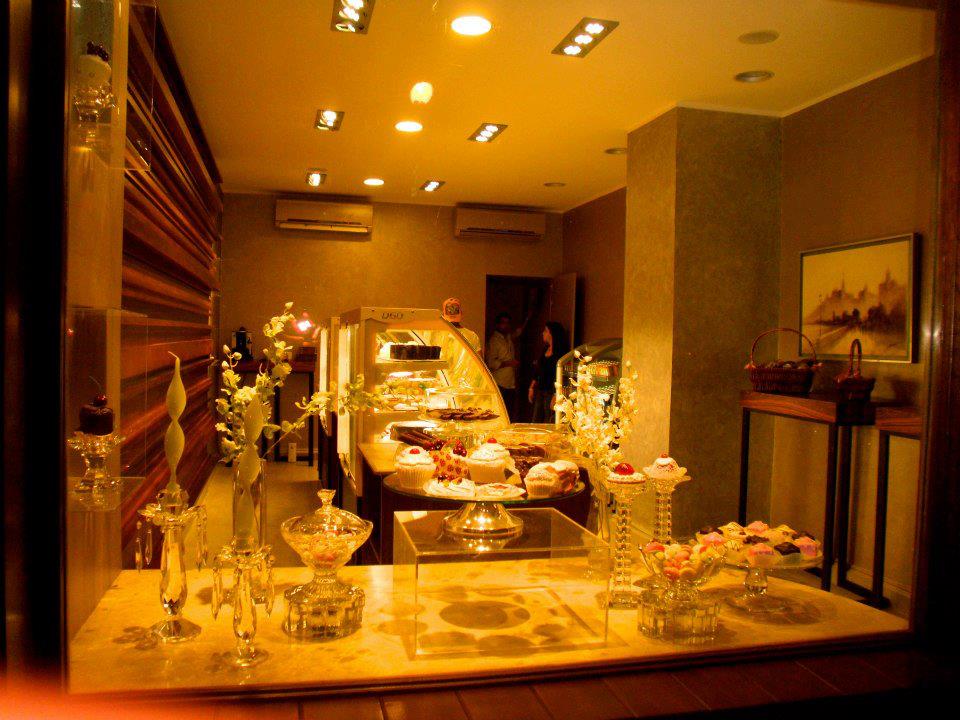Controversy can never be far from a film with a title like “El-Shouq” (Lust), especially in Egypt.
This feature film — Egypt’s sole entry in the Cairo International Film Festival’s International Competition — serves up plenty of controversy, but also high drama, interesting characters and some outstanding acting.
Directed by Khaled El-Hagar — his sixth feature film — the movie stars singer-actress Roubi along with Sawsan Badr and newcomer Koki.
Based on a play entitled “The Old Lady’s Visit,” the film tells the tale of a family living in El-Labban, a poor quarter of Alexandria. Badr plays Um Shouq, or Fatma, an eerie matriarch who spends her time reading coffee cups with amazing accuracy, bossing around her daughters, doting on her only son and, according to her neighbors, communicating with spirits.
We have hints of Um Shooq’s troubled past; she and her husband Abu Shouq, a cobbler and a drunk, seemed to have eloped together as young lovers in Tanta, sacrificing Fatma’s relationship with her family in the process.
When her son falls ill with kidney problems that require LE 300 per-session dialysis treatments three times a week, the family sells off their possessions and Abu Shouq encourages his wife to go to her relatives to ask for money. After making it to the front door, Fatma finds she cannot face them and flees to the train station, where she finds herself on a train to Cairo.
Determined not to return home without the money for her son’s treatment, Fatma resorts to begging and finds she can make decent money on the streets. Triumphant, money in hand, she returns to Alexandria only to find that her son passed away during her absence.
Devastated, she vows that her daughters, Roubi’s Shouq and Awatef, played by Koki, will not succumb to the ravages of poverty. She returns to Cairo to continue begging in order to save enough money to make good marriages for the girls. When Shouq’s long term love, Hussein, comes to ask for her hand, Fatma shuns and humiliates him, leaving Shouq depressed and hopeless.
At the same time, determined to rise above her station, Um Shouq begins lending money to the neighborhood men, and uncovering the secrets of the local women, alienating everyone in the process. After a local boy recognizes her begging in Cairo and tells everyone, Fatma returns home to scornful neighbors and an angry, broken family, none of whom care to save her from meeting her death during one of her habitual seizures.
The film explores realistic themes that have become popular in Egyptian cinema in recent years. Like other films that have attempted the same type of story, “Lust” relies overly on unnecessary sexuality for dramatic effect. This element of the movie does not add anything to the interesting themes of community and family relationships, women’s status and the ravages of poverty and actually cheapens the performances of Roubi and Koki, suggesting that their appeal as actresses can only exist in the context of racy material.
Sawsan Badr’s performance, on the other hand, is outstanding and will certainly go down in history as one of the best in her career. Despite her character’s confused psychology, she manages to give a powerful and even shocking performance as the fearsome, possessed Fatma.
Badr’s portrayal of Fatma’s possessed seizures is horrifyingly realistic as is her sorrow and despair at her son’s death, and her anger upon realizing her daughters have succumbed to temptation. Despite these grim themes, she also manages to inject some much-needed comic relief into her role, an impressive feat given the subject matter.
On the whole, the film brings up some interesting issues, but tries to do too many things at one, resulting in under-exploration of all themes, and some confused, less-than-whole, characters. Despite this, “Lust” is an interesting and provocative contribution to this year’s festival.

